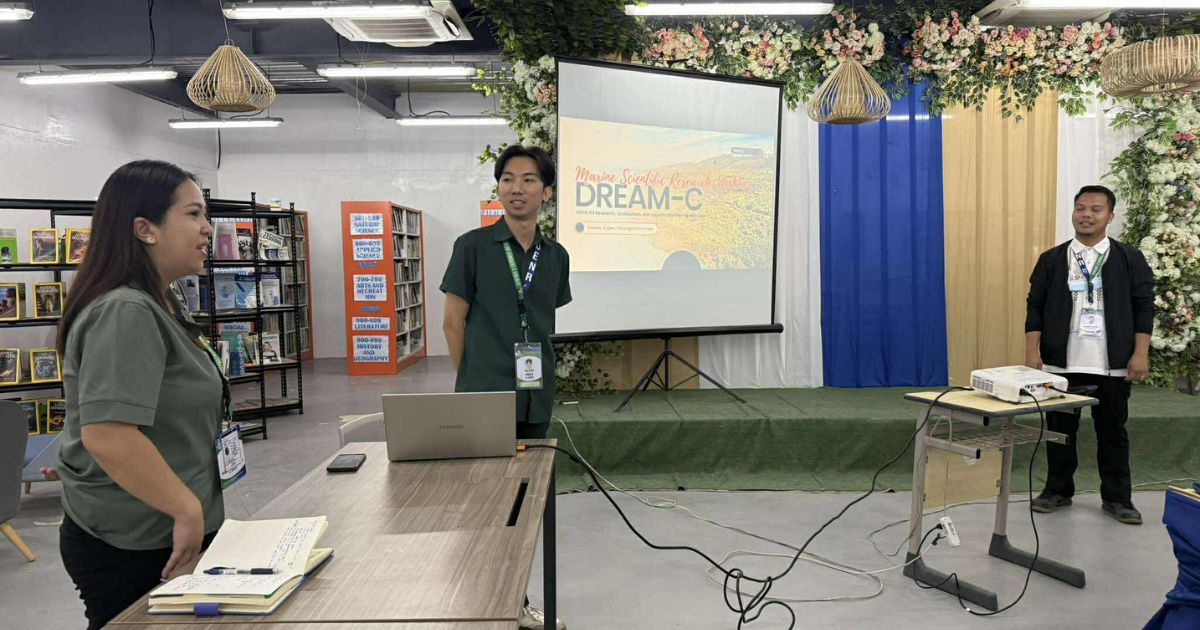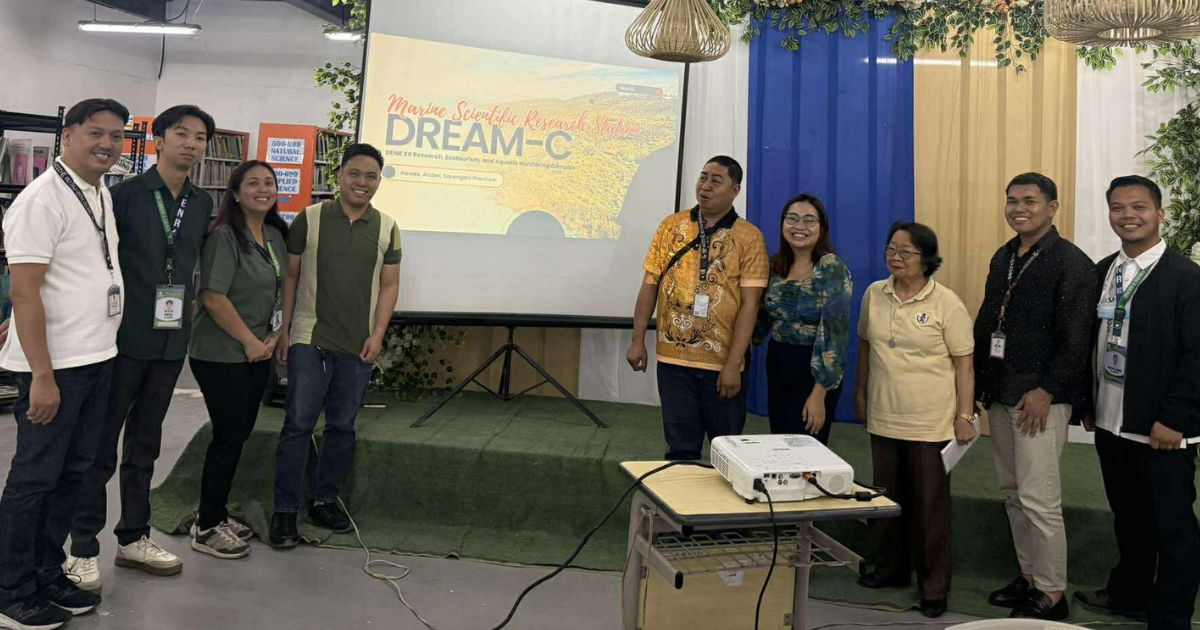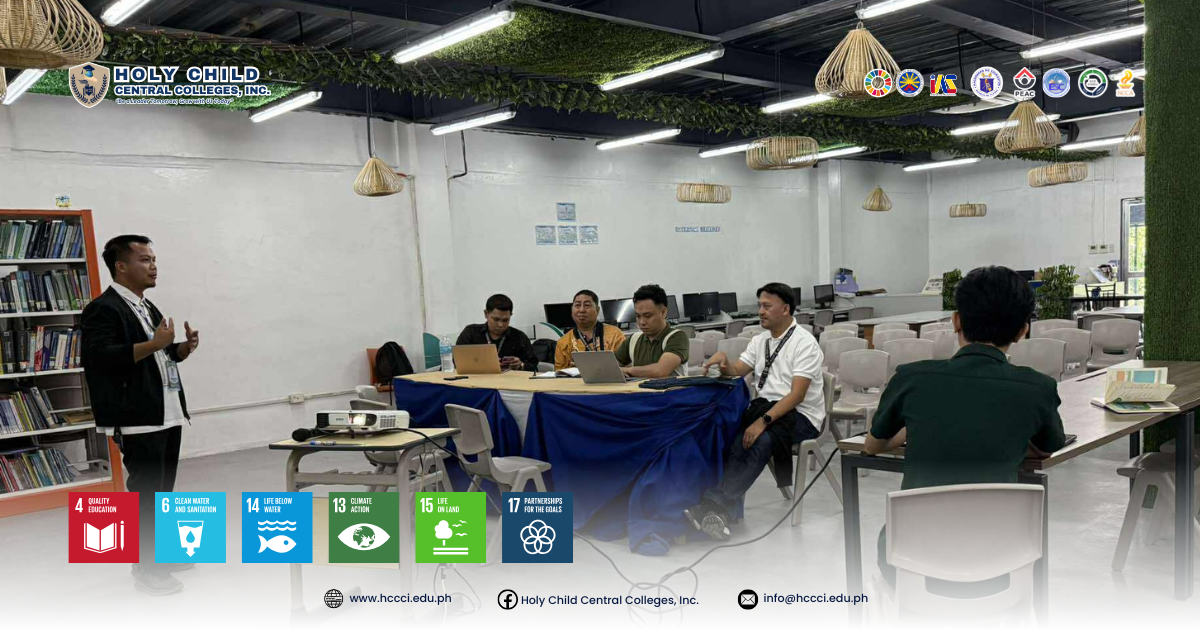HCCCI and DENR-XII Explore Partnership to Establish Marine Scientific Research Station for Inclusive and Sustainable Development
This collaboration reflects HCCCI’s commitment to inclusive internationalization and research development, focusing on empowering indigenous communities whose livelihoods and cultural heritage depend on these vital coastal and marine ecosystems. The MSRS aims to promote sustainable management and conservation of these waters while fostering community participation in scientific inquiry. Representatives from DENR-XII present at the meeting included Hesed Jebss M. Carisma, Development Management Officer III and Chief of the Coastal Resources and Protected Area Management Section (CRPMS); Fritz S. Lopez, Supervising Ecosystems Management Specialist (CRFMS); and Shallymer Sharry A. Tangge, Senior Ecosystems Management Specialist from the Protected Area Management Office of Sarangani Bay Protected Seascape (PAMO-SBPS). 
HCCCI was represented by its Academic Director, Dr. Erwin M. Faller, Academic Coordinator, and Research Director, Mr. Marlon Viejo, all of whom emphasized the institution’s role in fostering research that is both locally rooted and globally engaged. Dr. Faller stressed, “The waters of our indigenous communities are more than natural resources, they are lifelines that sustain culture, identity, and livelihoods. This research station offers an opportunity to blend traditional knowledge with scientific research, ensuring that conservation efforts honor the wisdom and rights of indigenous peoples.” Mr. Viejo added, “Our goal is to build a center where indigenous voices lead alongside scientists, creating sustainable solutions that protect both people and ecosystems. This partnership embodies HCCCI’s dedication to inclusivity, innovation, and environmental stewardship.” 
HCCCI was represented by its Academic Director, Dr. Erwin M. Faller, Academic Coordinator, and Research Director, Mr. Marlon Viejo, all of whom emphasized the institution’s role in fostering research that is both locally rooted and globally engaged. Dr. Faller stressed, “The waters of our indigenous communities are more than natural resources, they are lifelines that sustain culture, identity, and livelihoods. This research station offers an opportunity to blend traditional knowledge with scientific research, ensuring that conservation efforts honor the wisdom and rights of indigenous peoples.” Mr. Viejo added, “Our goal is to build a center where indigenous voices lead alongside scientists, creating sustainable solutions that protect both people and ecosystems. This partnership embodies HCCCI’s dedication to inclusivity, innovation, and environmental stewardship.”
